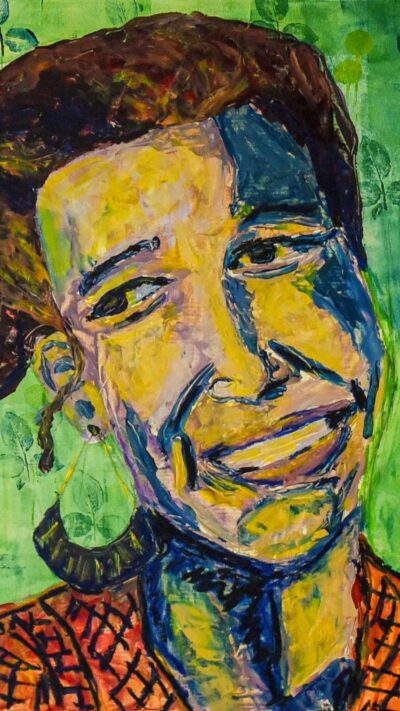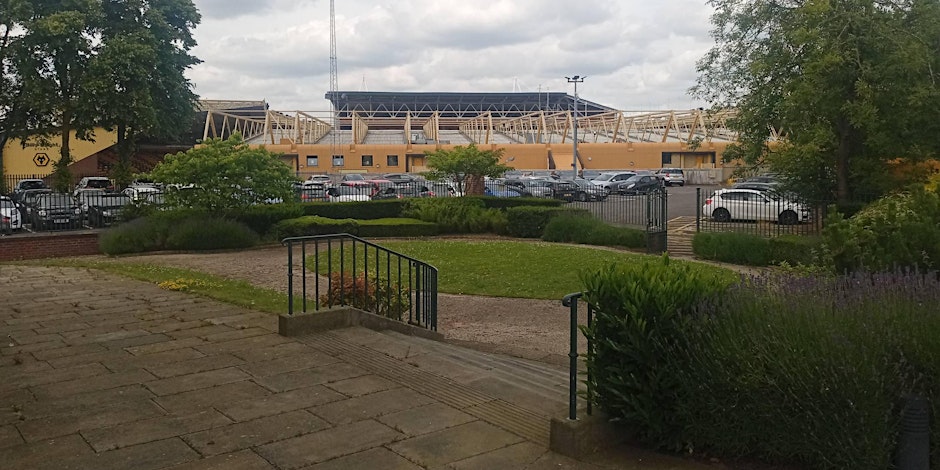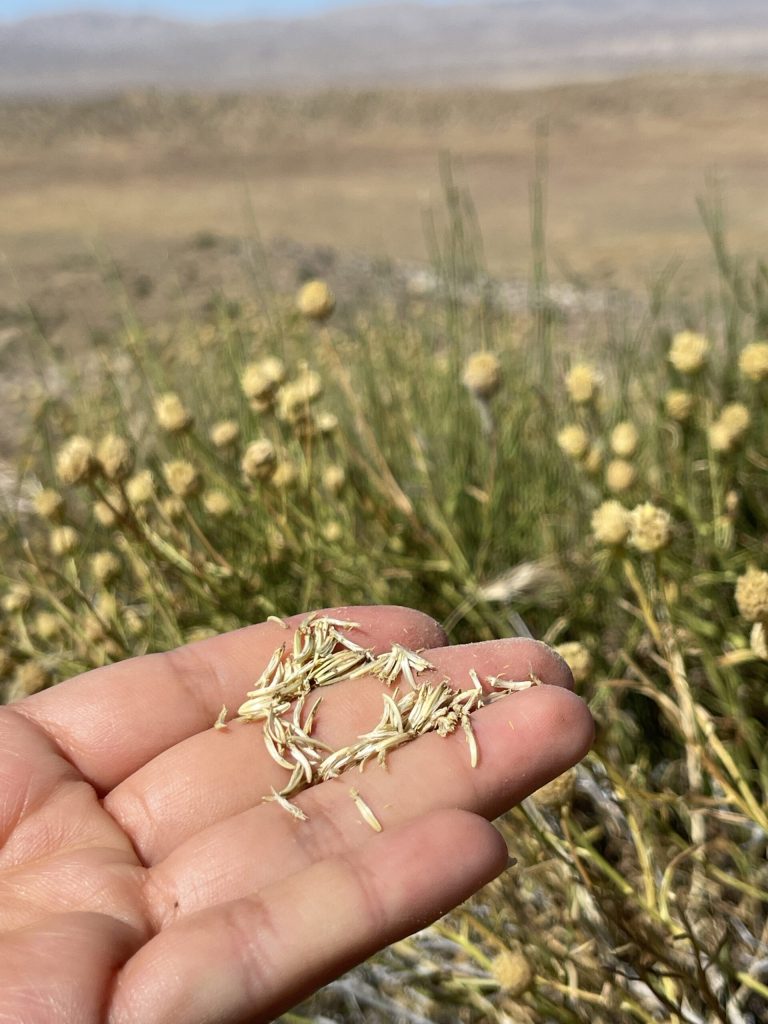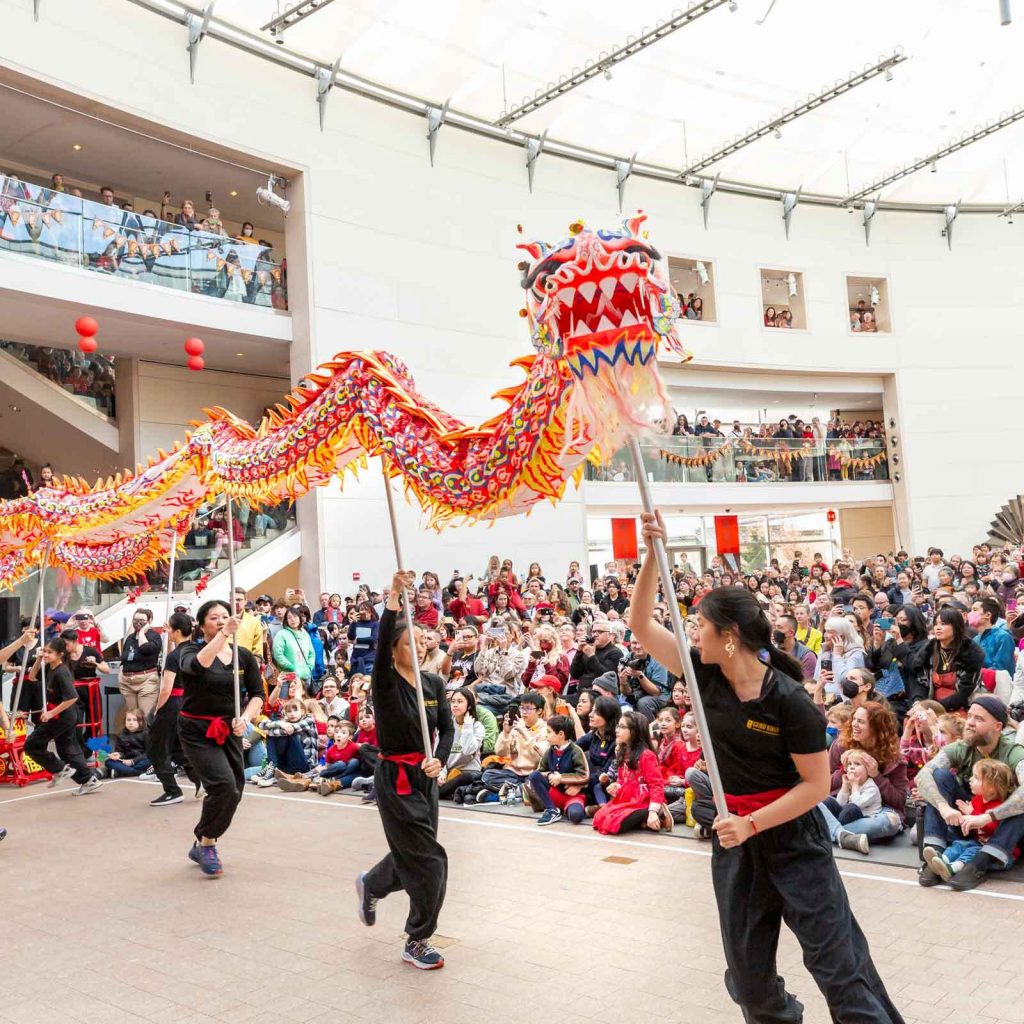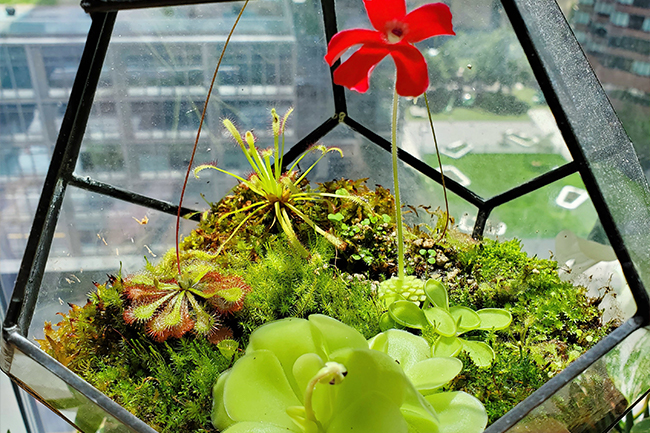Tuesday, February 18, 6:00 pm – 7:30 pm – Pépin Lecture Series: A Talk with Sara B. Franklin
Join Sara B. Franklin at Boston University, 928 Commonwealth Avenue Room 110, on February 18 at 6 pm for a conversation about her latest book, The Editor, to kickoff the Boston University Food & Wine Program’s spring 2025 lecture series. The event is free but registration is requested at www.eventbrite.com. Copies of the book will be available for purchase.
Legendary editor Judith Jones, the woman behind some of the most important authors of the 20th century—including Julia Child, Anne Frank, Edna Lewis, John Updike, and Sylvia Plath—finally gets her due in this “surprising, granular, luminous, and path-breaking biography” (Edward Hirsch, author of How to Read a Poem).
At Doubleday’s Paris office in 1949, twenty-five-year-old Judith Jones spent most of her time wading through manuscripts in the slush pile and passing on projects—until one day, a book caught her eye. She read it in one sitting, then begged her boss to consider publishing it. A year later, Anne Frank: The Diary of a Young Girl became a bestseller. It was the start of a culture-defining career in publishing.
During her more than fifty years as an editor at Alfred A. Knopf, Jones nurtured the careers of literary icons such as Sylvia Plath, Anne Tyler, and John Updike, and helped launched new genres and trends in literature. At the forefront of the cookbook revolution, she published the who’s who of food writing: Edna Lewis, M.F.K. Fisher, Claudia Roden, Madhur Jaffrey, James Beard, and, most famously, Julia Child. Through her tenacious work behind the scenes, Jones helped turn these authors into household names, changing cultural mores and expectations along the way.
Judith’s work spanned decades of America’s most dramatic cultural change—from the end of World War II through the civil rights movement and the fight for women’s equality—and the books she published acted as tools of quiet resistance. Now, based on exclusive interviews, never-before-seen personal papers, and years of research, her astonishing career is explored for the first time in this “thorough and humanizing portrait” (Kirkus Reviews).
About the Speaker
Sara B. Franklin is a writer, teacher, and oral historian. She received a 2020–2021 National Endowment for the Humanities (NEH) Public Scholars grant for her research on Judith Jones, and teaches courses on food, writing, embodied culture, and oral history at NYU’s Gallatin School of Individualized Study. She is the author of The Editor, the editor of Edna Lewis, and coauthor of The Phoenicia Diner Cookbook. She holds a PhD in food studies from NYU and studied documentary storytelling at both the Duke Center for Documentary Studies and the Salt Institute for Documentary Studies. She lives with her children in Kingston, New York. Find out more at SaraBFranklin.com.


